Search
Search Results
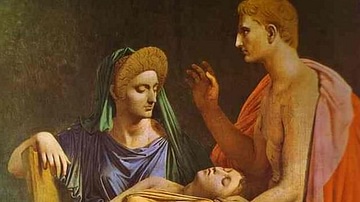
Definition
The Aeneid
The Aeneid, written by the Roman poet Virgil (70-19 BCE), is a twelve-book-long epic poem that describes the early mythology of the founding of Rome. The eponymous hero Aeneas, a Trojan prince and son of Venus, faces trials and tribulations...
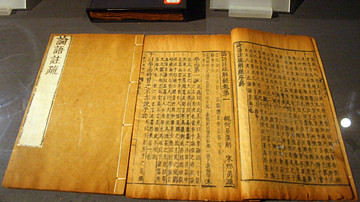
Definition
Confucianism
Confucianism is a philosophy developed in 6th-century BCE China, which is considered by some a secular-humanist belief system, by some a religion, and by others a social code. The broad range of subjects touched on by Confucianism lends itself...

Video
The Roman Epic Poem The Aeneid: Introduction and Summary
The Aeneid was written by the Roman poet Virgil who lived between 70 and 19 BCE during the Augustan Period (named for Augustus, the first emperor of Rome). The twelve-book long epic poem tells the journey of the Trojan Aeneas and the mythological...
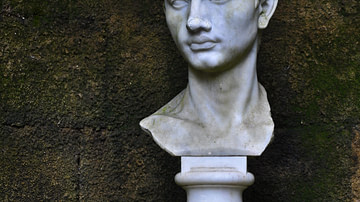
Definition
Virgil
Publius Vergilius Maro (70-19 BCE), better known to most modern readers as Virgil, was one of the greatest poets of the early Roman Empire. His best-known work, the Aeneid, told of a Trojan prince, Aeneas, who escaped the burning of Troy...
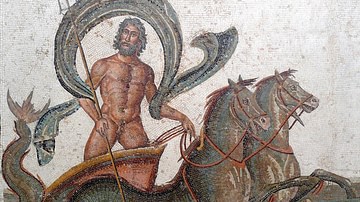
Definition
Neptune
Neptune is the Roman god of the sea and the Roman equivalent of the Greek god Poseidon. He was originally a god of fresh water and became associated with Poseidon early on in Roman history. He lives in a golden palace at the bottom of the...
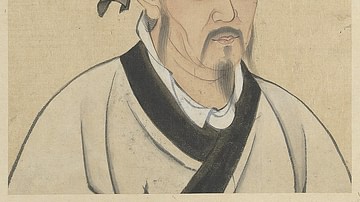
Definition
Mencius
Mencius (l. 372-289 BCE, also known as Mang-Tze or Mang-Tzu) was a Confucian philosopher during The Warring States Period in China (c. 481-221 BCE) and is considered the greatest after Confucius himself for his interpretation, formulation...
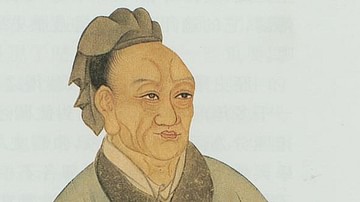
Definition
Sima Qian
Sima Qian (l. 145/135-86 BCE) was a court scribe, astrologer, and historian of the Han Dynasty (202 BCE - 220 CE) of ancient China, famous for his historical work Records of the Grand Historian for which he is remembered as the Father of...
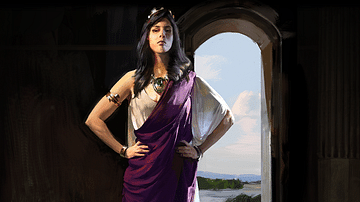
Definition
Dido
Queen Dido (aka Elissa, from Elisha, or Alashiya, her Phoenician name) was a legendary Queen of Tyre in Phoenicia who was forced to flee the city with a loyal band of followers. Sailing west across the Mediterranean she founded the city of...
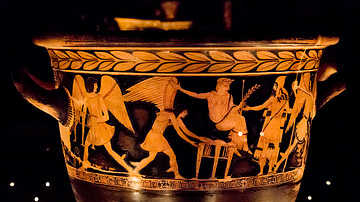
Definition
Harpy
A harpy, also known as a harpyia (pl. harpyiai), is a part-bird, part-woman monster in Greek mythology. Known as the 'Hounds of Zeus,' they were the personification of storm winds and were under the command of Zeus, who would send them out...
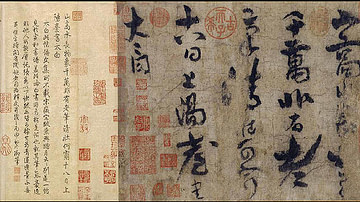
Definition
Chinese Literature
Chinese literature is among the most imaginative and interesting in the world. The precision of the language results in perfectly realized images whether in poetry or prose and, as with all great literature, the themes are timeless. The Chinese...